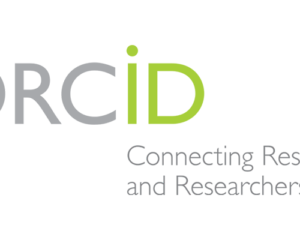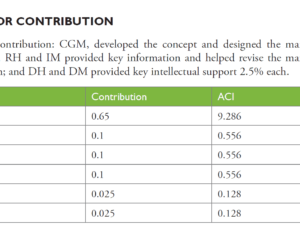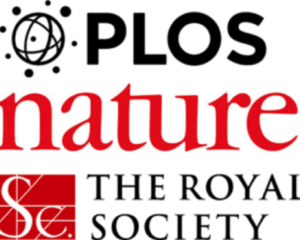Before formally submitting to a journal, you can contact the editor describing what you would like to get published. This is known as a presubmission
Read more

Before formally submitting to a journal, you can contact the editor describing what you would like to get published. This is known as a presubmission
Read more
Publication bias and reproducibility are two of the key challenges facing the future of science. While certain initiatives have been implemented—for example, the International Committee of Medical
Read more
As a researcher, you want your work to make a real difference to the world. In other words, you want your research to have impact.
Read more
What is KUDOS? Kudos provides a web-based platform for you to maximise the visibility of your publications. How does it work? Step 1: Claim your
Read more
What is an ORCID iD? An ORCID iD is a permanent 16-digit numeric identification number. Rather than relying on surnames, this number unmistakably distinguishes you
Read more
The average number of authors on scientific articles has increased 5-fold over the last 100 years, from one author per paper in 1913 to more
Read more
As well as journals, funders (NIH, STFC, NERC, Wellcome Trust, et al.) are also starting to implement mandatory data sharing policies [1], with applicants being asked
Read more
Many journals (PLOS One, Nature, The Royal Society, et al.) now have mandatory data sharing policies. This means that researchers must make their datasets publicly
Read more
The scientific method is founded on confirming results through repeat experiments. By replicating the results of a study, researchers can confidently claim the results are
Read more
What is a conflict of interest? “Conflict of interest is a set of conditions in which professional judgement concerning a primary interest (such as patients’
Read more